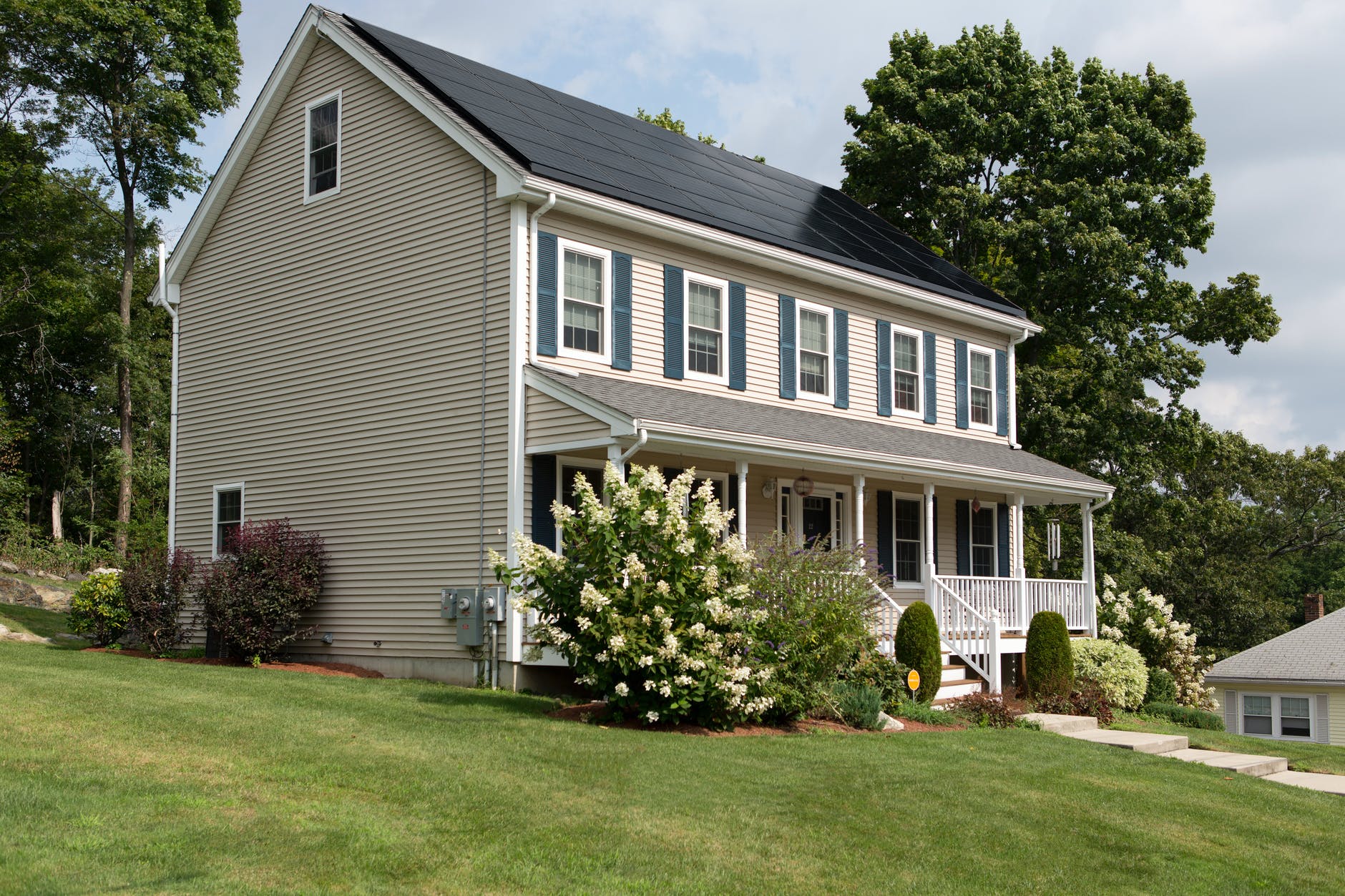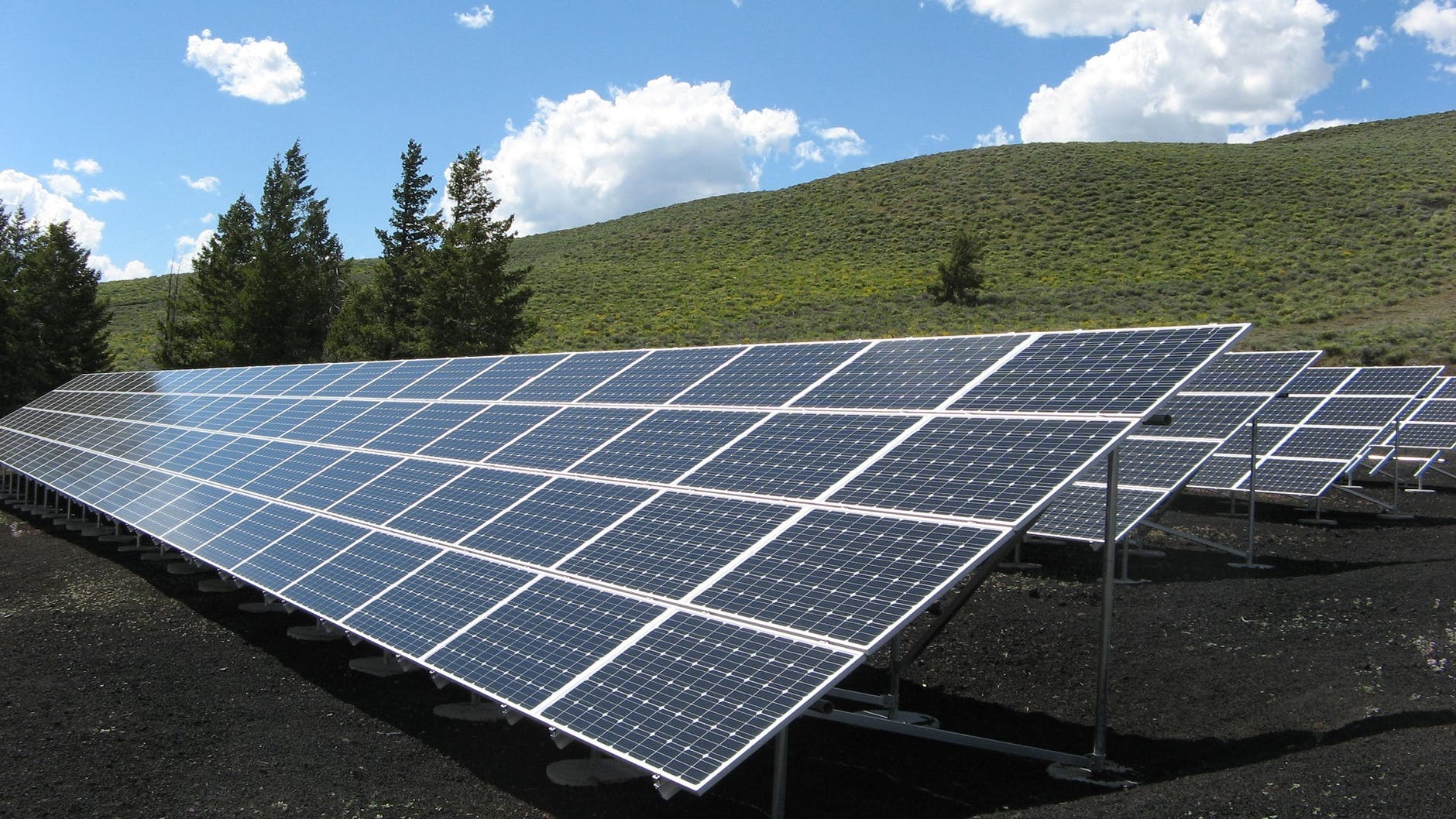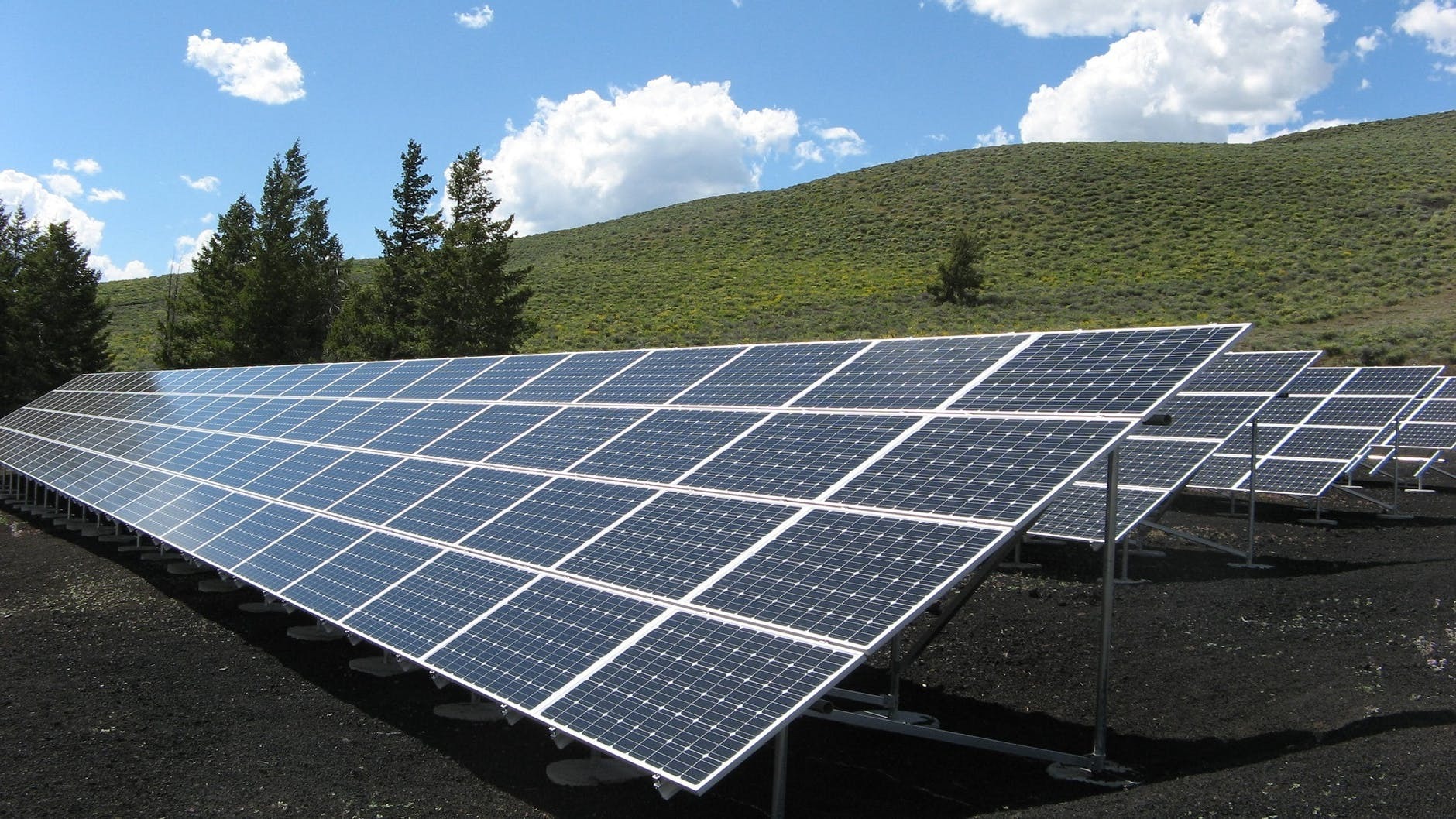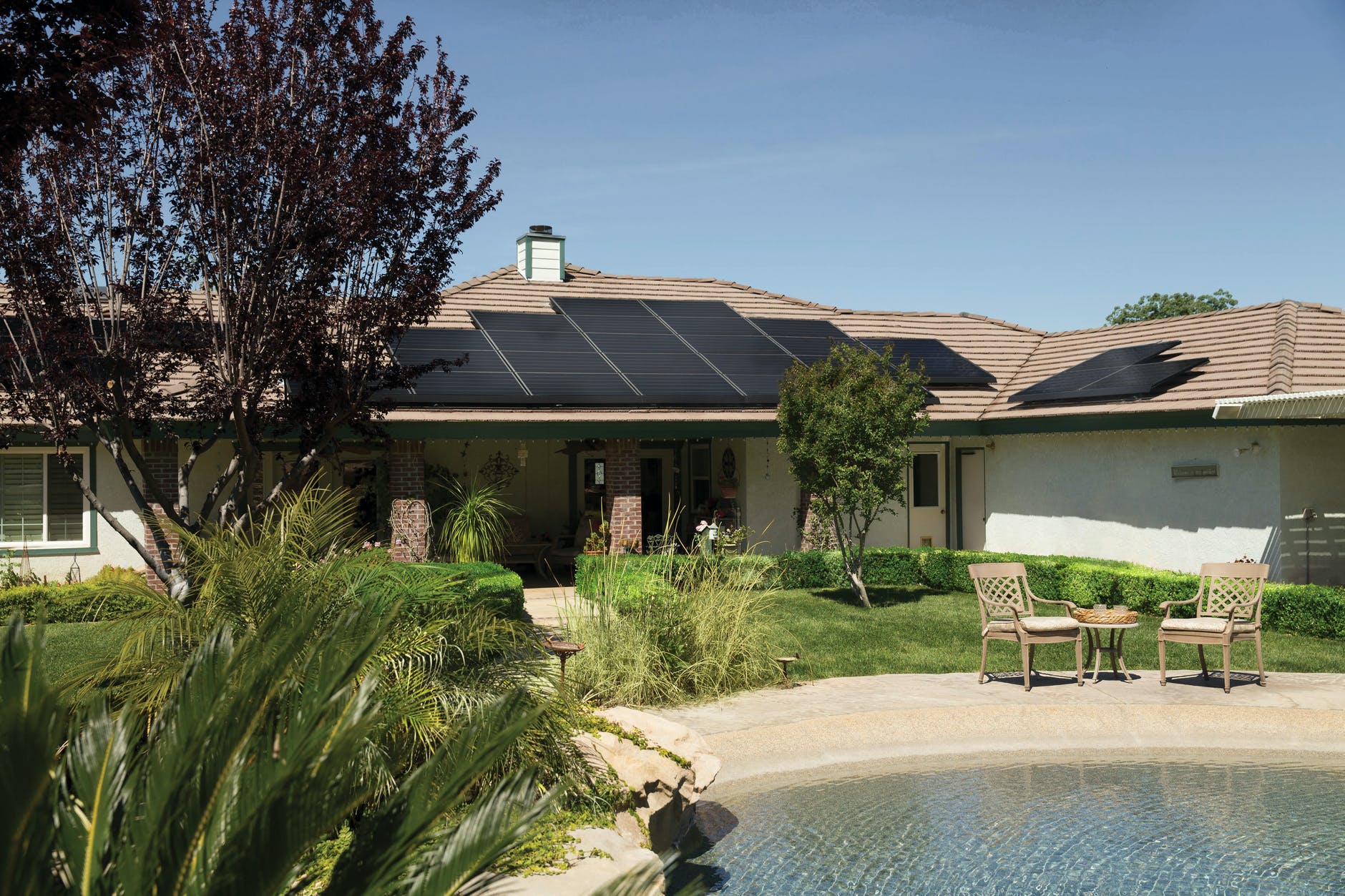Financing Solar Panels + Buy vs. Lease in Massachusetts
Going solar is one of the best decisions you can make for your home or business. Solar energy is not only a sustainable source of energy but can also help you save money in the long run. According to data from the US government, 2.3% of the nation’s electricity is generated by solar sources. Other data also suggest that the state of Massachusetts has the potential for generating 799,344 million kWh a year through solar energy.
If you are from Massachusetts and thinking of investing in solar energy, this is the right time for you! Today, we will provide you with a very comprehensive guide on how you can finance solar panels in Massachusetts. We will talk about ways to invest in solar energy and how you can maximize your experience.
So, without further ado, let’s begin.
Solar Panels – Buy vs. Lease
A question that often bothers people considering investing in solar panels is whether they should purchase solar panels or lease them. Each option has pros and cons, which we will discuss in this section.
Buying A Solar Panel
Purchasing a solar panel is an excellent option if you want to maximize the financial benefits you can get from the panels. There are many ways to buy a solar panel, such as through cash or a solar loan. In both conditions, the ownership of the solar panel will belong to you.
Pros Of Buying A Solar Panel
Here are some pros of buying a solar panel:
- Increased home value – Several studies suggest that purchasing a solar panel will allow your home to sell 20% faster and for 17% more money! Thus, purchasing a solar panel will not only help you generate pure energy but will also increment the value of your home.
- No monthly payments – Purchasing a solar panel through full cash upfront has the added benefit of no monthly payments that come with leasing. This will allow you to have increased savings in both the short and long term. However, if you are buying a solar panel through a loan, there will be monthly payments.
- The electricity generated will belong to you – It’s no secret that the electricity you generate will belong to you if you own a solar panel. You can use this energy for various things, such as powering your home appliances.
- You can sell solar energy to the electricity grid – Since the solar panels and the generated electricity belong to you, you can also sell the electricity you generate to the electricity grid.
- You can claim tax credits – Another very lucrative benefit of buying solar panels is the tax credits. You can claim an ITC tax credit for your solar panel. Of course, being able to claim this tax depends on your tax liability. The tax credits will not only increment your savings but will also reduce the cost of the solar panels.
Clearly, purchasing a solar panel is a worth while investment. With so many lucrative benefits, you won’t regret a solar panel purchase.
Cons Of Buying A Solar Panel
Now let’s look at some drawbacks of purchasing a solar panel.
- Large upfront costs – People who want to buy solar panels are often discouraged by the high upfront costs. Solar panels can be costly, and you have to accumulate a lot of cash to install a solar panel. To make the situation worse, many states don’t even have the option for loans and leases.
- Maintenance costs – When you purchase solar panels, you’re responsible for their maintenance and upkeep. If there is any kind of issue with the solar panel, it is your responsibility to spot and fix the problem. Even though it’s relatively easy to look after solar panels, you should still be prepared for the worst happening.
So, do the pros outweigh the cons? Ultimately, you decide! Before you can make a decision, let’s look at solar panel leases.
Leasing A Solar Panel
Leasing a solar panel is just like renting any other kind of property. You pay a small rent, aka a monthly lease payment, to your solar company, and in exchange, they install a solar panel on your rooftop. You don’t have to pay any upfront costs in this case as the company does everything for you.
Obviously, you don’t have ownership of the solar panel as the solar company owns it and runs it. However, you can still benefit from the energy your panel creates and can use it to pay your utility bills through net metering.
There are two ways of doing this, the first is a solar lease, and the other is a Solar Purchase Plan Agreement (PPA). The former is just like any other kind of lease where you contractually pay a specific price to your solar company every month. The price is determined by the power generated by your solar panel.
When it comes to the latter, i.e., a Solar Purchase Plan Agreement, you pay for the electricity generated by the solar panel rather than paying for the solar panels. In both these conditions, you get to use the energy generated by these panels while not possessing ownership of these solar panels.
Leasing is a good option for those who want to use a clean and renewable energy source but don’t have vast sums of cash on hand.
Pros Of Leasing A Solar Panel
Here are some pros of leasing a solar panel:
- No upfront costs – When you choose to lease a solar panel, you don’t have to pay any kind of upfront cash for it. There are no installation costs as it is completely taken care of by the solar company you signed the contract with.
- Zero maintenance costs – Another benefit of leasing a solar panel is that you don’t have to worry about maintaining the solar setup. This will ultimately be the responsibility of the company. The company will take care of all the issues and repairs that are covered by the contract.
- You get to use solar energy for your home – A great benefit of leasing a solar panel is that you can use solar energy to power your home appliances. You can save money on your utility bills as well. You get to do all that without having to pay a considerable sum upfront when you buy the equipment.
- No red tape navigation – Another liberating perk of leasing a solar panel is that you don’t have to learn all the complex tax terminologies when dealing with solar panels. You simply won’t have to bother with them as your solar company will take care of that.
Leasing a solar panel through PPA or the standard lease is a great way to take advantage of solar energy while not bearing the responsibility of conforming to regulations put forth by government and maintenance costs.
Cons Of Leasing A Solar Panel
Now let’s look at some major cons of using a solar panel:
- A decreased home value – Leasing a solar panel does the opposite of what buying a solar panel does for your home. It’s simply hard to sell your home to potential buyers when you have taken a lease on solar panels. Even though it’s possible to pass on the solar panel lease to a new homeowner, it’s rare to find buyers that will willingly enter a 15 to 20-year contract with a solar company. Even if potential buyers are willing, the solar company might be reluctant to enter into a lease agreement with the new homeowners if they have a poor credit score.
- No long-term savings – When you take a lease on the solar panel, you’re obligated to pay a monthly fee to the solar company. You may have to dip into your savings to do so. This can be more costly than buying the system outright. Furthermore, your solar company might increment the price you pay over time. So, you end up spending more and saving a lot less.
- No tax credit claims – Another glaring disadvantage of leasing a solar panel is that you lose all the tax privileges that are available to a solar panel owner. This includes the federal investment tax credit that can save solar panel owners 26% on installation costs. Instead, all the benefits of the tax incentives go to the solar company that owns the panels on your rooftop.
- No access to solar buybacks – Another drawback of leasing out a solar panel is that you will not have any access to solar buybacks. A solar buyback is when a company pays you money in exchange for the remaining feed-in tariff.
These are the major drawbacks of leasing out a solar panel. Even though the flaws seem to outweigh the risks, many people still opt to lease solar panels if they cannot afford to purchase them. Let’s take a closer look at how they do this.
Solar Lease

Why Leasing is Not the Best Choice
Leasing might not be the best choice as it comes with many drawbacks, as discussed above. Essentially, the cost of buying the equipment can sometimes be less than the amount you are going to over the next 15 to 20 years in a solar lease.
You need to keep in mind that even though you will save money on the upfront costs in the short term, you won’t have the savings you could have had in the long term had you bought the solar panels instead of leasing them.
What’s more discouraging is that you are losing an excellent opportunity to claim tax incentives. You will not qualify for the federal tax credit as you do not own the solar power system. Instead, the benefits will go to the owner of the solar panel (the solar company). Since you’re not the owner, you won’t be benefitting from rebates and solar buybacks either.
Another drawback is that you are entirely dependent on the solar company for the maintenance of the solar panels. If there is a problem with the panels, the company will fix it on their own terms, and you will just have to comply.
Many solar companies might even increase the monthly payment amount you have to make. Many solar companies may also decide to remove the panels on a whim. Thus, you cannot be sure how everything will turn out if you are on a solar lease.
Why Leasing Might Be the Right Choice
Regardless of these drawbacks, leasing still remains a tempting option for various reasons. Many people do not want to be responsible for the maintenance of solar panels as it can be very costly. Luckily, when you are on a lease, the company takes full responsibility for maintenance.
The solar company’s staff will ensure that your solar panels are kept in perfect condition for the generation of solar energy. Solar companies also come with warranties; they ensure that the best quality solar panels are being used on your rooftop to generate solar energy.
Many people will find this very liberating as they won’t have anything to worry about what to do if the system stops working. Even though most solar leases last for 20 years at a minimum, it’s also possible to find 5-year terms for your solar lease.
Common Questions about Solar Panels
What is the upfront cost for installing solar panels?
The upfront costs for the installation of a PV solar energy system can vary depending on the system and the size of your home. Depending on the system, the installation costs can be anywhere from $9,255 to $28,000. For the installation of a 6KW solar panel, you will need a national average of $18,500 for a 1,500 square ft. home.
How long does it take to install solar panels?
Depends on the size of your solar panels. Larger ones take longer while average-sized panels are installed in one day. After the initial assessment, it can take anywhere from 1-3 days for the installation of your PV solar energy system.
How do I find financing?
Searching for financing options on your own can be very time-consuming as well as risky. But you don’t have to worry. Here, we can find the best financing option for you! We will also fill out the paperwork for you.
How much money will I save if I get solar panels?
Savings can vary depending on the size of your home and your PV solar energy system. On average, solar panel owners save between $10,000 and $30,000 over the lifetime of their solar panel system. Many homeowners never have to worry about paying electricity bills. Want to know the exact figure for your home? Contact us, and we will do a free assessment for your home.
How does the SMART Program work?
The SMART program has a total capacity of 3,200 MW of solar installations. This capacity is divided among the three investor-owned electric distribution companies in Massachusetts that are Eversource, National Grid, and Unitil. The amount of capacity depends on the number of customers each electric distribution company has.
The largest number of customers are being serviced by the National grid. These capacities are then divided into different categories based on the characteristics of one’s PV solar energy system. For instance, a solar panel buyer from a low-income community will receive a different incentive rate compared to other residential solar energy systems.
These categories are also divided into capacity blocks. These capacity blocks fill up when more SMART applications are approved. When a capacity block fills up, the program is sent to the next block, and the new block always has a lower incentive compared to the previous block.
References:
https://www.masssave.com/solar
https://www.solarreviews.com/blog/benefits-of-owning-vs-leasing-solar-panels
https://www.northeastern.edu/climatereview/?p=243
https://modernize.com/solar/panel-cost-calculator
https://www.solarreviews.com/blog/massachusetts-smart-program-replaces-srecs#how-it-works









